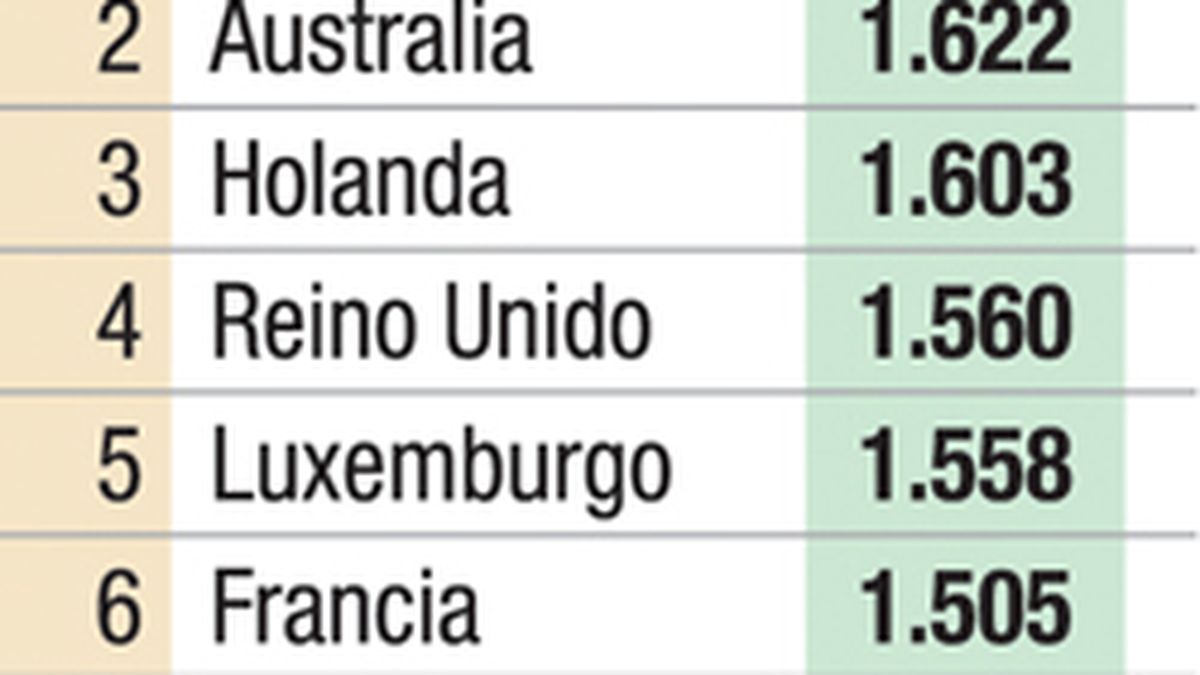perry
Registered
- Joined
- Jun 20, 2006
- Messages
- 4,701
- Likes
- 2,574
I lived through this period and it was really an incredible boom from 2004 to 2011. I believe the economy grew close to 10 percent per year and in Palermo Soho the mood was one of optimism and hope. It was a rebirth of many abandoned neighbourhoods and many people got rich quickly . I hope it gets a rebirth again as Buenos Aires so deserves it .1st: noting that the historical thesis that Argentina was some sort of exceptionally rich and prosperous country in the 1930s is wrong is different from saying that Argentina did well in 2003-2015
2nd: I'm not saying it, the objective measures are saying it.

